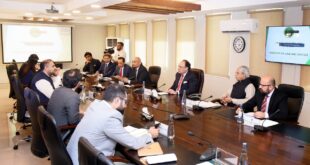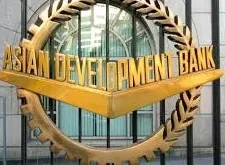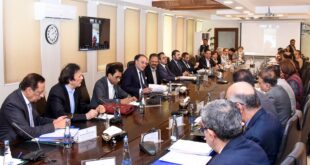
Aftab Maken
Islamabad
A recently formed Senate sub-committee, tasked with investigating alleged tax evasion worth billions of rupees within Pakistan’s cigarette industry, is now at the center of a significant controversy. Serious objections have been raised regarding the inclusion of senators with direct and past ties to the tobacco sector, fueling concerns about potential conflicts of interest and the committee’s ability to conduct an impartial inquiry.
The Senate Standing Committee on Commerce established the sub-committee on May 7, 2025, to provide recommendations on issues plaguing the tobacco sector, a domain reportedly rife with tax leakage amounting to an estimated Rs 300 to 400 billion annually, according to Federal Board of Revenue (FBR) assessments.
However, the composition of this crucial investigative body has drawn immediate criticism. Sources have revealed that Senator Sarmad Ali has been appointed as the head of the sub-committee, with Senator Faisal Saleem Rehman and Senator Zeeshan Khanzada as its members.
The inclusion of Senator Faisal Saleem Rehman has particularly raised eyebrows, as he is reportedly directly involved in the cigarette manufacturing business. According to sources, his family owns several cigarette factories, including Millat, Universal, Markhor Tobacco, and Saleem Cigarette Industries. Notably, reports from 2019 and 2021 detailed actions taken by the Federal Board of Revenue (FBR) and the Federal Investigation Agency (FIA) concerning alleged illegal cigarette manufacturing and tax evasion linked to Saleem Cigarette Industries. In April 2019, an FBR raid reportedly sealed a factory in Buner, allegedly operated by Senator Rehman’s family-owned company, for producing counterfeit cigarettes and causing substantial losses to the national exchequer. At the time, Senator Rehman had denied owning the specific factory in Buner and stated that his family’s company had ceased cigarette manufacturing in 2018.
Further concerns have been voiced over Senator Zeeshan Khanzada’s appointment, with sources alleging his past association with the cigarette business.
Critics argue that appointing individuals with such direct stakes in the tobacco industry to a committee meant to scrutinize that very sector represents a clear conflict of interest. This has cast a shadow of doubt over the sub-committee’s impartiality and transparency before its work has even formally begun. Questions are being asked whether the sub-committee will genuinely delve into the pervasive issue of tax evasion or if its proceedings might be influenced to protect the interests of the industry it is supposed to investigate.
The controversy also brings to light broader, long-standing concerns about the influence of the tobacco lobby on policy-making. Sources claim that the use of parliamentary platforms for shaping policies related to the cigarette industry has been contentious in the past, with the roles of certain parliamentarians previously questioned. Studies have also pointed to weak frameworks in Pakistan for regulating conflicts of interest, potentially creating opportunities for industry actors to influence state institutions.
As the sub-committee prepares to commence its proceedings, the focus will be intense on its approach and eventual findings. The credibility of its investigation into the colossal tax evasion within the cigarette industry will largely depend on its ability to demonstrate independence and a commitment to an unbiased examination, free from the influence of its members’ alleged industry connections. The outcome will be a litmus test for the Senate’s resolve to tackle a problem that bleeds the national exchequer of billions each year.
 BeNewz
BeNewz




